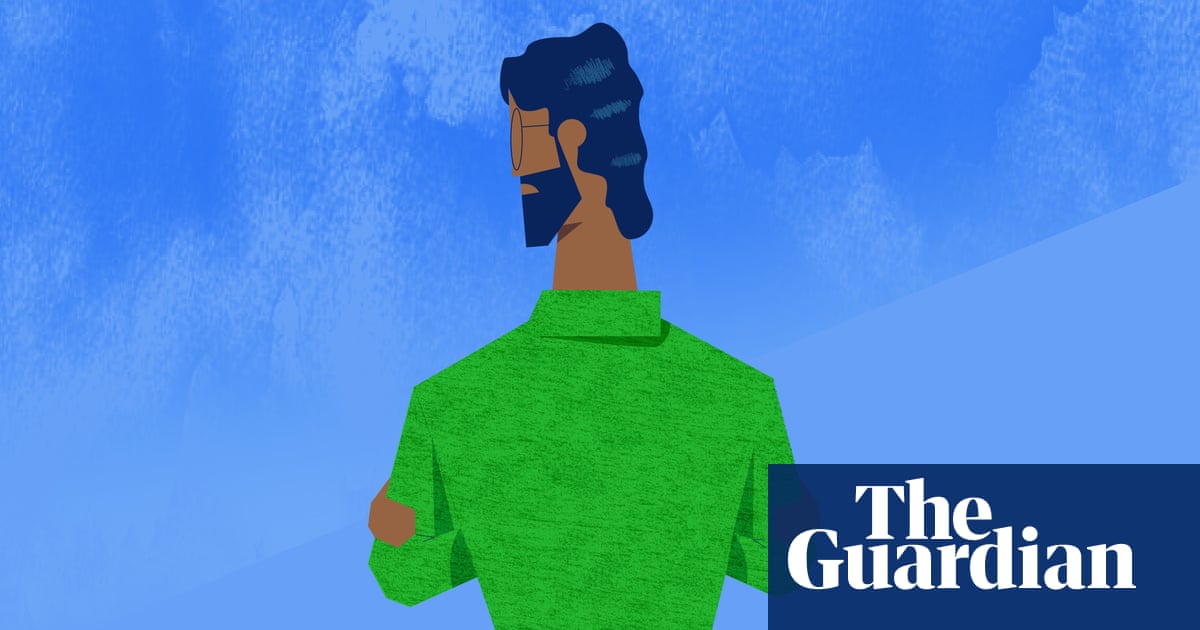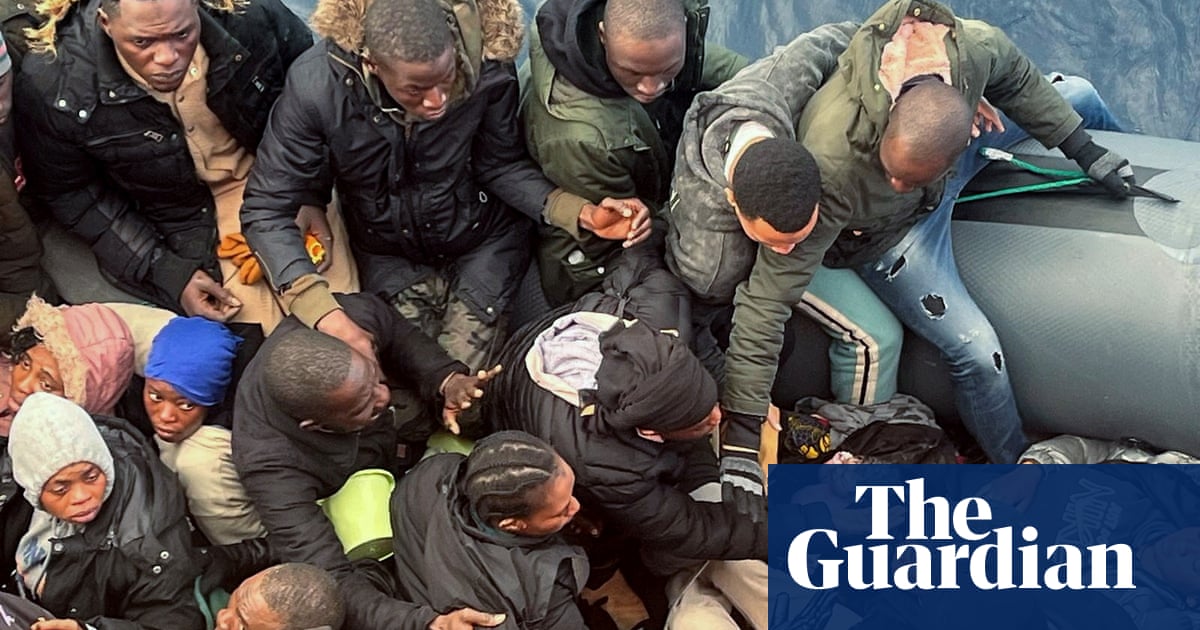At dusk one afternoon last week, two dozen wounded North Korean soldiers were brought to one of the main hospitals in the Russian city of Kursk.
They were ushered into a specially designated floor, guarded by police, with access limited to translators and medical personnel.
“We were told in the morning to prepare for a special type of patient,” said one of the medical staff at the hospital who treated North Koreans.
“We’d heard rumours that North Koreans were fighting there, but I didn’t believe it. No one had actually seen them before,” the medic said.
“I thought it was all fake news until they arrived,” the medic said, adding that most of them had shrapnel injuries.
A second medic at the scene said communication with the North Koreans was “impossible” without translators. They added that some North Koreans looked “frightened and nervous”.
Both medics requested to speak on condition of anonymity, fearing retribution for discussing the topic.
The arrival of the North Korean patients marked a rare moment of interaction between locals in the Kursk region and North Korean soldiers, whose presence remains shrouded in secrecy.
Up to 12,000 North Korean troops have been deployed to assist Russia in the war, according to US and South Korean officials. Most of these forces have been involved in Moscow’s counteroffensive to reclaim swaths of Russian land in the Kursk region, a territory Ukraine has held since the summer following a surprise incursion.
Russia has not officially acknowledged the deployment of North Korean soldiers. During his annual press conference last week, president Vladimir Putin listed by name several units active in the fighting in the Kursk region but conspicuously avoided any mention of the North Koreans.
That strategy may become more difficult after South Korea’s spy agency said on Friday that an injured North Korean soldier had been captured by Ukrainian forces in the Kursk region.
And early signs suggest that North Korean troops may be suffering heavy casualties.
On Monday, South Korean military officials reported that more than 1,000 North Korean soldiers have been killed or wounded since their deployment alongside Russian forces in Ukraine. This figure, if confirmed, points to a dramatic number of losses among North Korean troops within just weeks of their arrival. (Ukraine’s president, Volodymyr Zelenskyy, later claimed the number had exceeded 3,000).
In a statement, the South’s joint chiefs of staff (JCS) officials also said that North Korea appears to be preparing to deploy additional troops and equipment to Russia.
Both Seoul and Kyiv say Moscow is going to great lengths to deny North Koreans are fighting on the battlefield.
The North Korean troops have reportedly been given uniforms and fake IDs to disguise themselves as Russian Yakuts and Buryats, ethnic minorities from Siberia with similar physical features to Koreans who have been employed since the start of the war.
On Sunday, Ukrainian military special forces released what they claimed were images of three deceased North Korean soldiers. The post was accompanied by graphic photographs of the three soldiers in body bags, their bodies bloodied and bruised.
According to the special forces, the soldiers had been issued fake Russian military documents, complete with fabricated Russian names and birthplaces.

In the city of Kursk, the regional capital with a population of roughly half a million, the arrival of North Koreans – reportedly deployed to the region as early as October – has gone largely unnoticed.
Interviews with half a dozen residents in the Kursk region, all of whom reported no trace of North Korean soldiers, suggest that Moscow is tightly restricting the movement of these foreign troops, confining them to remote military barracks far from civilian areas.
Details about their exact locations and living conditions remain scarce.
Instead, their presence has become a topic of speculation in online chatrooms, where locals quiz each other about whether anyone has actually seen North Koreans on the streets.
Some residents in Kursk have also questioned the narrative that Russians would need to rely on North Koreans to reclaim their territory. “I don’t think the North Koreans exist; our army is strong enough without them,” one Kursk resident told the Guardian.
Some of the injured North Korean soldiers appear to be driven to hospitals outside Moscow, bypassing smaller hospitals close to the battlefield.
Last Wednesday, the Ukrainian security service released what it claimed was an intercepted conversation between a Russian soldier and his wife, a nurse at an unnamed hospital near Moscow.
In the clip, which has not been independently verified, the woman mentions that about 200 wounded North Koreans had been brought for treatment.
“These Koreans are elite or something. We clear out specific fucking wards for them … What, are they a privileged class?” the nurse said. “Well, they’re ‘imported’,” her husband responds.
According to South Korean intelligence, most of the North Koreans fighting are from the elite Storm Corps unit, which it described as having “high morale” but “lacking an understanding of contemporary warfare”.
From the start, military observers questioned the effectiveness of deploying members of an army that has not fought any wars since the 1950s, compounded by language barriers and unfamiliar terrain.
Even in elite units such as the Storm Corps, North Korean soldiers are systematically underfed and malnourished, according to accounts from defectors shared with the BBC.
The South Korean group Database Center for North Korean Human Rights (NKDB) this week noted that captured footage of the soldiers reveal many of them appearing youthful, raising doubts about the extent of their military experience.
Lee Seong-kweun, a South Korean MP, on Monday said that the high number of North Korean casualties could be attributed to the “unfamiliar battlefield environment, where North Korean forces are being used as expendable frontline assault units, and their lack of capability to counter drone attacks”.

Analysts suggest that North Korean troops have been particularly vulnerable to various types of Ukrainian killer drones, which have become a defining feature of modern warfare.
Graphic videos shared by Ukrainian forces showed drones circling above North Korean troops as they scrambled to escape in an open field in Kurshchina, in the Kursk region.
In one grainy clip circulating on pro-war Russian telegram channels, a North Korean soldier is seen describing the experience of being hunted by Ukrainian drones to a Russian fighter. “The drones kept coming,” the North Korean soldier is heard shouting in Korean. “I fired three shots with this,” the soldier said, raising three fingers and then pointing to his gun.
While the North Koreans had no say in whether they would be deployed, some former soldiers believe many would have wanted to go and would not lack motivation.
“If the party wants you to go, then you go,” said Ryu Seonghyun, who defected from the North Korean army in 2019, speaking at a recent roundtable discussion organised by NKDB.
Seonghyun explained that many soldiers see it as an opportunity to “change their fate” and experience life in a new country, far from the harsh conditions back home.
So far, no North Korean soldiers have been captured, with anecdotal reports suggesting that different Ukrainian units are competing to be the first to do so. However, it may take some time before the first North Korean prisoner of war emerges.
Former North Korean soldiers say that during their time in the army, surrendering alive was never considered an option. “In the army, you never realise that you can choose to become a PoW,” said Seonghyun.
Seonghyun recalled a famous military song entitled Save the Last Bullet, in which soldiers are told to save the last bullet to end their own lives. “No matter what happens, you cannot be a prisoner,” he said.

.png) 2 weeks ago
7
2 weeks ago
7













































